Poverty is not a crime: African Court rules against vagrancy laws
Colin Stewart is a 45-year journalism veteran. He is the…
The African Court on Human and Peoples’ Rights has unanimously ruled against vagrancy laws, first imposed by colonial powers, which are still used by independent African nations to victimise vulnerable populations, including homosexuals.
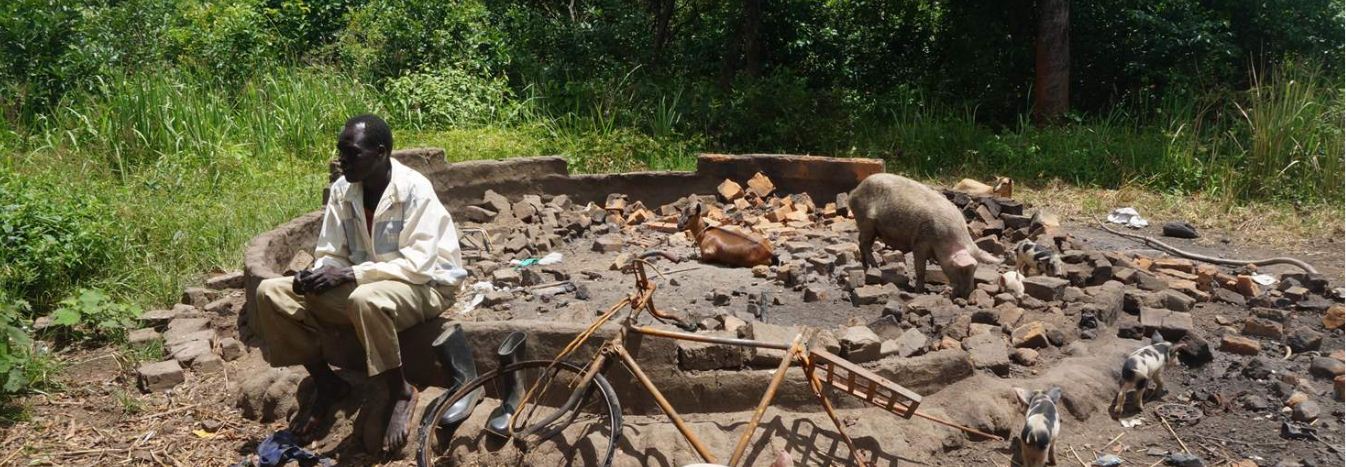
By Joto La Jiwe
Many African countries, including Uganda, abuse vagrancy laws to arrest and detain poor people, especially youth, even when there is no proof of criminal conduct.
Under these laws, homosexuals and sex workers in Uganda are often charged with “being idle and disorderly”. Few convictions result from such charges but, in an abuse of the criminal justice system, young energetic people who are arrested are forced to provide free labour on farms during remand while awaiting trial.
The threat of arrest for vagrancy was one incentive for homeless LGBT men to turn to the Children of the Sun Foundation shelter for protection early this year. Twenty of them were arrested there on charges of violating Covid-19 regulations. They were released after 50 days in prison without standing trial.
Ugandan human rights activists and social justice observers who last year formed a coalition against arrests on such petty offences welcomed the African rights court’s ruling.
“The opinion states that these laws criminalise the status of individuals as being poor and that many African states abuse vagrancy laws to arrest and detain people even where there is no proof of criminal conduct,” stated Hrapf Uganda, which is the host of the coalition.
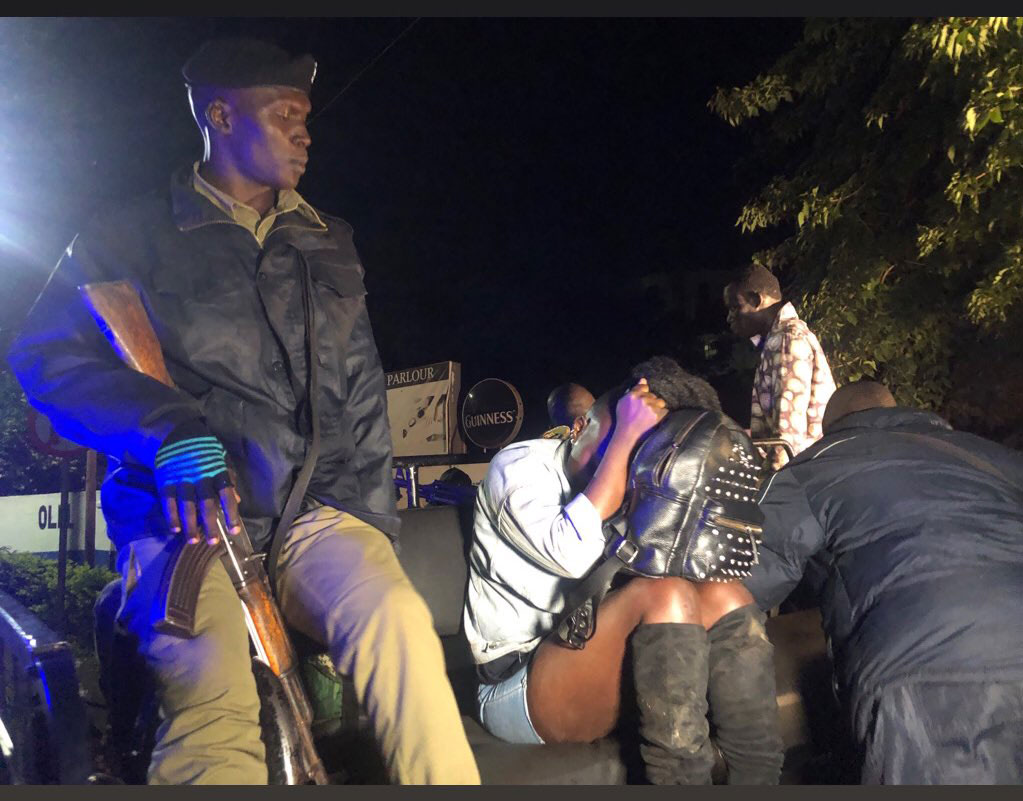
In 2018, the Pan African Lawyers Union (PALU) urged the African rights court to issue the advisory opinion, arguing that vagrancy laws are overly broad, which confers too wide a discretion on law enforcement officers as to how to enforce the law, thereby opening up the possibility of abuse.
The advisory opinion from the African Court on Human and Peoples’ Rights, based in Arusha, Tanzania, was delivered on 4th December 2020.
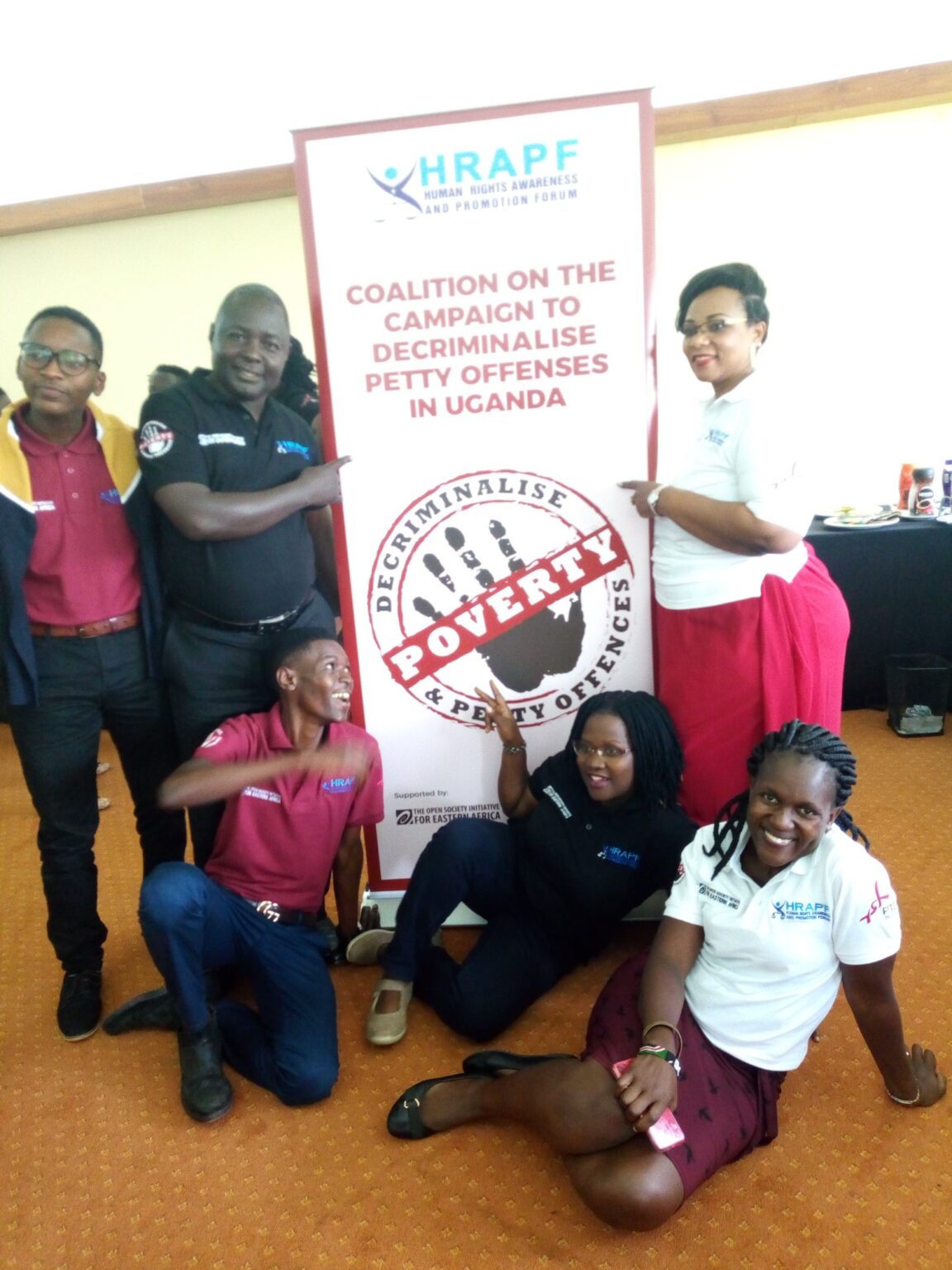
The court concluded that vagrancy laws are not compatible with the African Charter on Human and Peoples’ Rights because they criminalise the status of an individual (rather than criminalising specific actions), enable discriminatory treatment of the underprivileged and marginalized, and deprive individuals of their equality before the law.
The Court also found that arrests for vagrancy-related offences, where they occur without a warrant, are not only a disproportionate response to socio-economic challenges but also discriminatory since they target individuals because of their economic status.
The court found that vagrancy laws are incompatible with the notion of human dignity as protected in the charter. The application of vagrancy laws often deprives the underprivileged and marginalized of their dignity by unlawfully interfering with their efforts to maintain or build a decent life or to enjoy a lifestyle of choice, the court stated.
Vagrancy laws also violate the charter by violating arrestees’ right to liberty and freedom of movement and denying them the presumption of innocence. When used to relocate people by force, as is done in some African nations, the laws infringe on the sanctity of the family, the court stated.
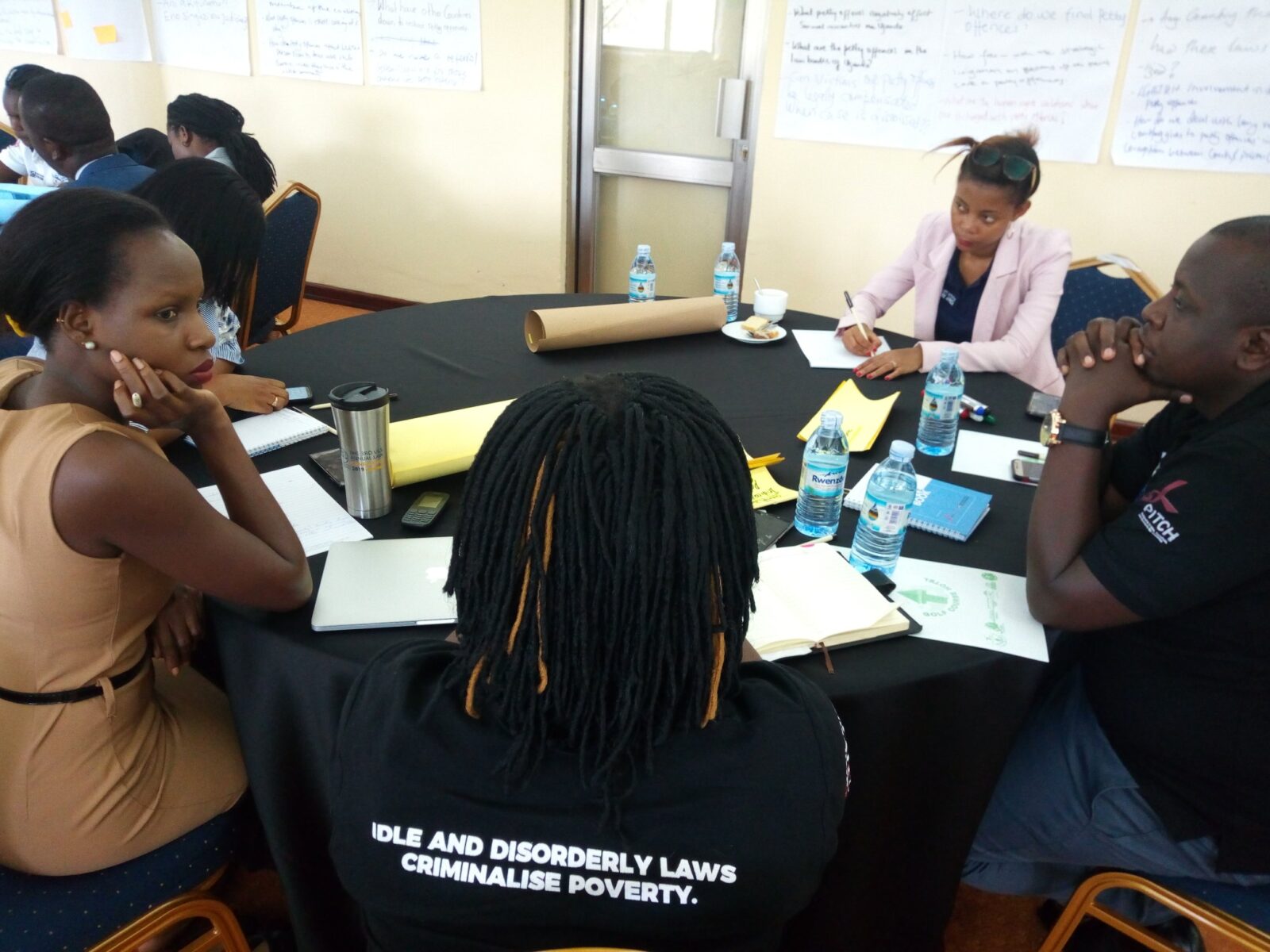
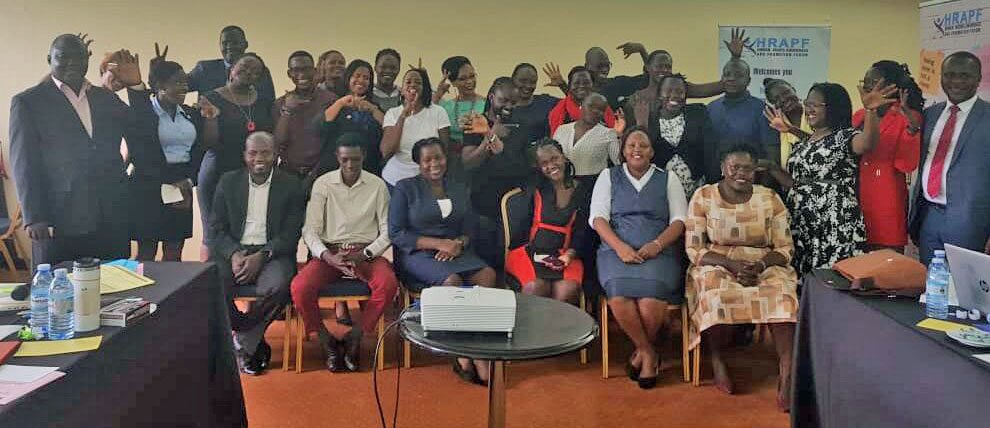
The court advised that African Union member states should repeal or amend their vagrancy laws to conform with the rights protected by the charter.
The African Court on Human and Peoples’ Rights is a continental court established by African Union member states to ensure the protection of human and peoples’ rights in Africa. The court renders advisory opinions on any legal matter relating to the African Charter on Human and Peoples’ Rights or any other relevant human rights treaties.

Joto La Jiwe, the author of this article, is a Ugandan correspondent for the African Human Rights Media Network and a member of the Uganda Health and Science Press Association. He writes under a pseudonym.




